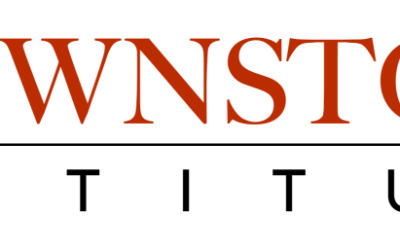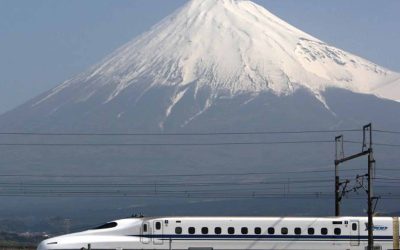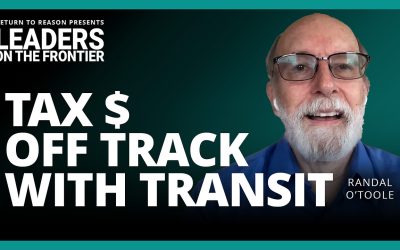Auckland has a long tradition of making wrong decisions about public transport and several recent announcements indicate we are maintaining this tradition.
Auckland is not entering new or unknown territory. A multitude of cities overseas have explored diverse transport options and have much to teach us.
How well do our leaders’ notions about public transport stack up?
Does Integrated Ticketing Need Central Control?
The ARC claims we need centralised control of public transport so we can have integrated ticketing. This is a total red herring. If it were true world travellers would depend on a single world-wide bank to use their credit cards in cash machines. They don’t.
Aucklanders do need an intelligent Smart-Card which can interrogate any “card-reader” in any vehicle connected into the system. If the ARC controls all the “public transport” their integrated ticketing will be limited to operators under its control.
What about taxis, water taxis, or shuttles? And what about new modes of transport not even operating yet, such as SkyCabs? Do we really believe that a monopoly provider will be an enthusiastic innovator?
Monopolies Abuse Their Powers.
Where such monopoly providers exist they have used their power to protect their bad investments. For example, many US cities that have recently invested heavily in rail have watched their public transport network lose overall market share. This is because the monopoly providers have closed down competitive bus routes to try and boost ridership on their loss-making trains. Everyone is worse off.


